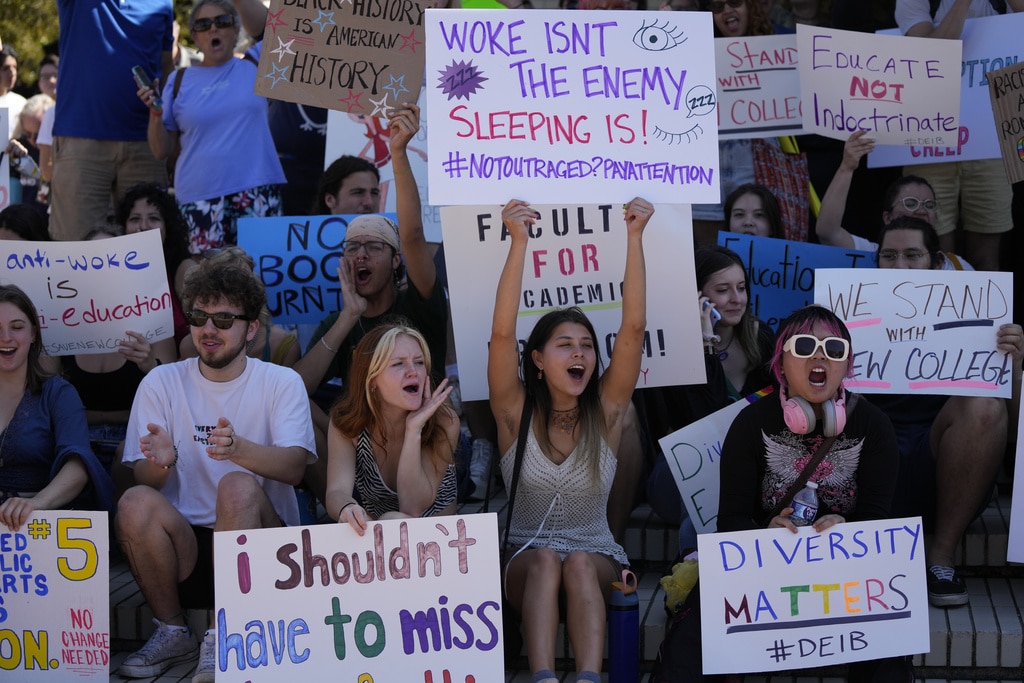College campuses have long been testing grounds for freedom of speech. In the 1960s, the Berkeley Free Speech Movement, motivated in part by student opposition to the Vietnam War, challenged campus regulations of freedom of speech.
In recent years, students have shouted down popular speakers and campuses have disinvited controversial speakers.
The October 7 attack by Hamas on Israel in 2023 and Israel’s military responses have evoked student protests and counter-protests on campuses that have sometimes led to violence.
Although case law offers relatively strong protections for student speech, at least 23 states as of 2024 have sought to strengthen such safeguards through the adoption of “campus free speech protection acts,” which apply to public institutions of higher learning.
Typical provisions in college free speech protection laws
A law adopted in 2018 in Tennessee is fairly typical. The law was supported by the Foundation for Individual Rights and Expression.
The Tennessee law affirms that “(s)tudents have a fundamental constitutional right to free speech,” that institutions “shall be committed to giving students the broadest possible latitude to speak, write, listen, challenge, learn, and discuss any issue,” and that educational institutions “shall be committed to maintaining a campus as a marketplace of ideas for all students and all faculty.”
The law also states: “It is not the proper role of an institution to attempt to shield individuals from free speech, including ideas and opinions they find offensive, unwise, immoral, indecent, disagreeable, conservative, liberal, traditional, radical, or wrong-headed.”
Although students and faculty have the right “to state their own views about and contest speakers who are invited to express their views on the institution’s campus, they may not substantially obstruct or otherwise substantially interfere with the freedom of others to express views they reject or even loathe.”
Mandating that institutions “shall maintain the generally accessible, open, outdoor areas of its campus as traditional public forums for free speech by students,” the law notes that they “shall not restrict students’ free speech only to particular areas of the campus, sometimes known as ‘free speech zones.’” It further specifies that educational institutions “shall not disinvite a speaker invited by a student, student organization, or faculty member” on the basis of the content of the speech.
Free speech protection comes as some states ban ‘divisive concepts’
In the meantime, however, some states, including those among the 23, have also adopted laws allowing students to report their teachers and sue if they felt that they were being expected to affirm certain divisive concepts (Reichman 2022).
Notably, In September of 2024, the U.S. House of Representatives passed a bill entitled Respecting the First Amendment on Campus Act, which is similar to state free speech protection laws on the subject (Coward and Howell 2024).
John R. Vile is a political science professor and dean of the Honors College at Middle Tennessee State University.

